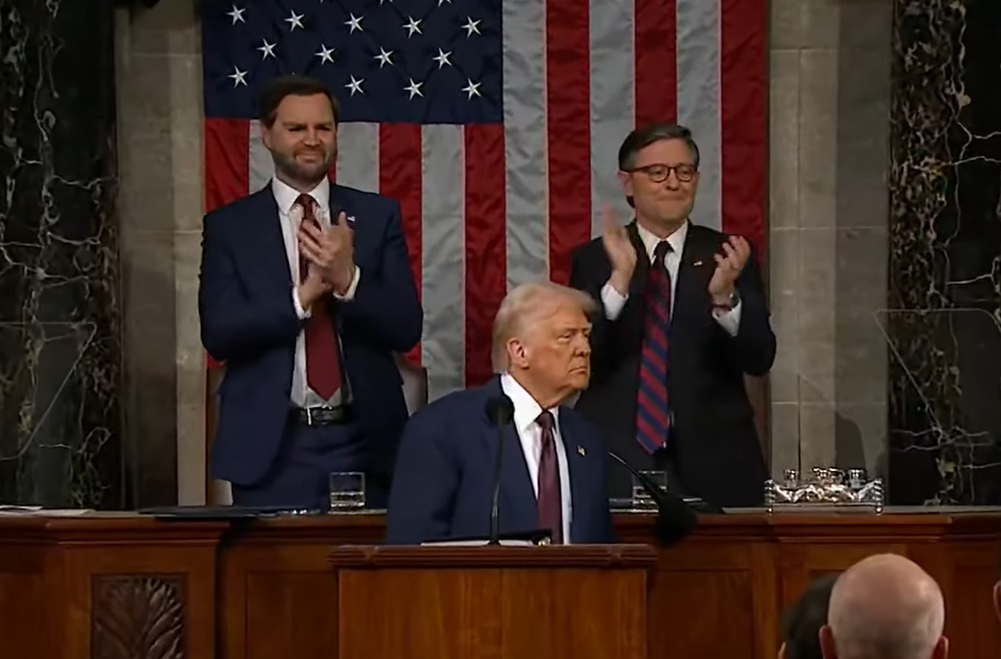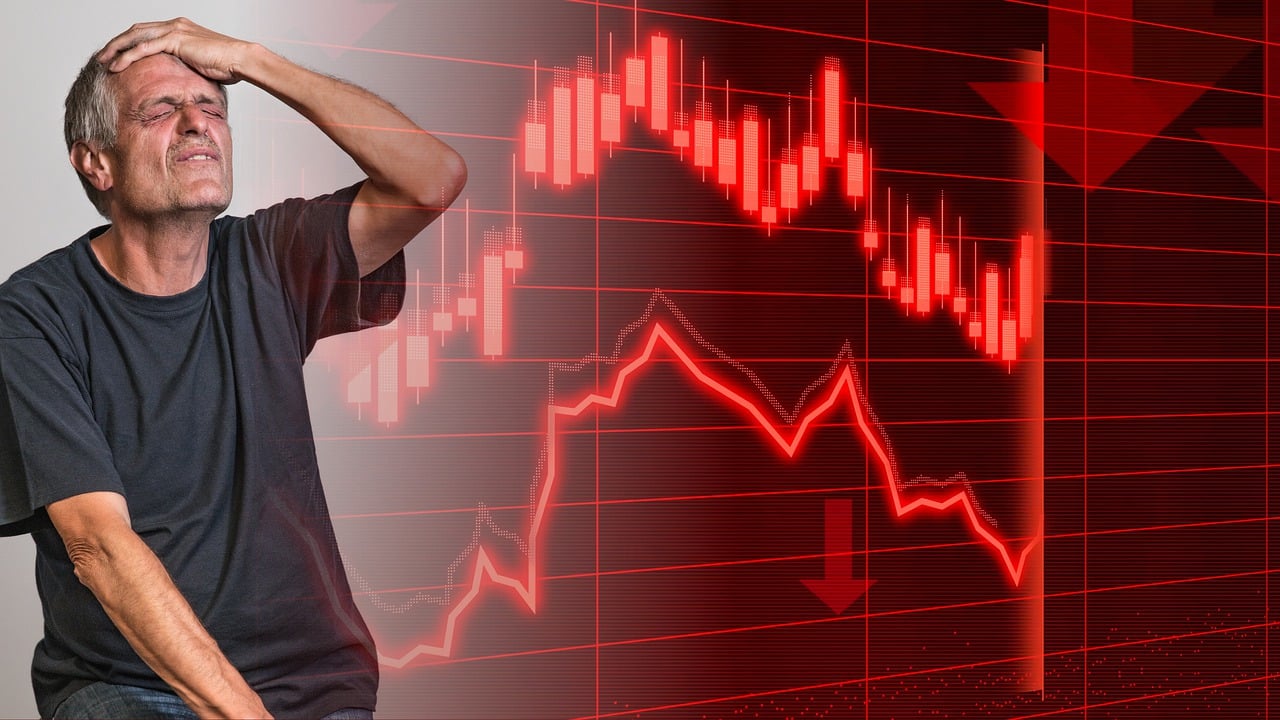French President Emmanuel Macron recently met with former U.S. President Donald Trump at the White House to discuss the ongoing Russia-Ukraine war and the prospects for peace. Their discussions underscored the complexities of international diplomacy, particularly as both leaders presented different approaches to resolving the conflict. While Macron emphasized European leadership and a structured security framework, Trump appeared to favor a swift resolution with potential economic agreements involving Ukraine’s natural resources.
Macron’s Push for a Structured Peace Agreement
During the meeting, Macron expressed optimism about achieving a ceasefire in the near future. He stated that a truce between Russia and Ukraine could be feasible within weeks if the right conditions were met. However, he stressed the importance of ensuring that any peace deal is substantial and credible, providing long-term security for Ukraine, Europe, and the United States. Macron reiterated that Europe must take a leading role in post-war security responsibilities, ensuring that any agreement is respected and upheld.
A key concern raised by Macron was the possibility of European peacekeeping troops being deployed to Ukraine to maintain stability. He called on the United States to serve as a strategic backstop, ensuring that such a deployment could be successfully implemented. Additionally, he proposed a deal in which Ukraine’s critical minerals would be leveraged to secure U.S. commitments to Ukrainian sovereignty.
Macron also emphasized that past peace efforts had failed due to Russian violations. He pointed to the 2014 ceasefire agreement that Russia did not respect, highlighting the need for a more robust framework that includes clear enforcement mechanisms.
Trump’s Focus on a Quick Resolution
Trump, on the other hand, expressed his belief that the conflict could be resolved quickly, possibly within weeks. He indicated that he would soon meet with Ukrainian President Volodymyr Zelensky to finalize an agreement that could involve sharing Ukraine’s natural resources. Trump suggested that Russian President Vladimir Putin had no objections to European peacekeeping troops in Ukraine, but this claim was met with skepticism from Macron, who urged caution in dealing with Russia’s strategic intentions.
During their conversation, Macron also corrected Trump on his assertion that European Union support for Ukraine had been insufficient. Macron made it clear that France and other European nations had provided significant financial assistance, reinforcing the idea that Europe is actively involved in supporting Ukraine’s defense.
Aside from the war in Ukraine, the two leaders also discussed trade issues, with Macron raising concerns over U.S. tariffs on European goods. The trade tensions between the U.S. and Europe remain an important factor in their broader diplomatic relationship.
Macron’s Proposal for a European “Nuclear Shield”
One of the most significant aspects of Macron’s visit was his proposal for a European “nuclear shield” to deter Russian aggression. This initiative would involve deploying French fighter jets equipped with nuclear weapons to Germany, effectively expanding Europe’s independent defense capabilities. Macron’s goal is to reduce European reliance on the United States for security while ensuring that Europe remains protected from potential threats.
Germany has responded positively to this proposal, with German leaders indicating that they are open to expanding nuclear protection within Europe. This move represents a major shift in European defense strategy, highlighting France’s willingness to take on a greater role in continental security.
Contrasting Approaches to Diplomacy
The meeting between Macron and Trump showcased their differing perspectives on diplomacy and international security. Macron advocates for a structured, long-term approach that involves European leadership, security guarantees, and a robust enforcement mechanism. He believes that any peace deal must be comprehensive and backed by strong international support to prevent future Russian aggression.
Trump, by contrast, appears focused on achieving a quick resolution, potentially through resource-sharing agreements that could incentivize Russia and Ukraine to end hostilities. His approach is centered on economic incentives and negotiations, rather than military deterrence or long-term security commitments.
The Future of Russia-Ukraine Peace Efforts
As the war in Ukraine continues, the international community remains divided on how best to achieve a lasting peace. Macron’s emphasis on European security and structured agreements aligns with the broader European Union strategy, while Trump’s preference for direct negotiations and economic deals reflects his transactional approach to diplomacy.
Whether the war will end within weeks, as Trump suggests, or require a more gradual and complex resolution, as Macron believes, remains uncertain. What is clear, however, is that any peace agreement must address the fundamental security concerns of Ukraine and its allies. Without a carefully constructed framework, any ceasefire could be temporary, leading to further instability in the region.
As diplomatic efforts continue, the world will be watching closely to see whether Macron’s vision of European leadership or Trump’s push for a swift resolution will shape the future of the Russia-Ukraine conflict.





